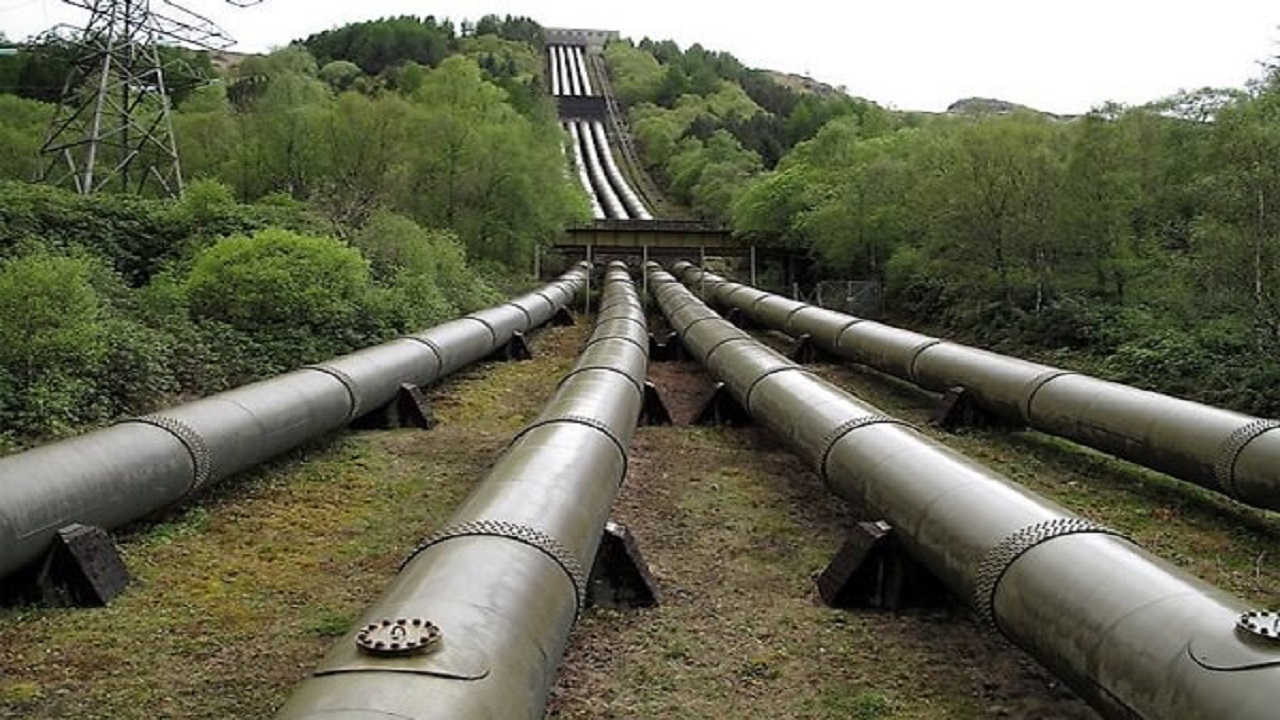People know that pipeline transportation is one of the most important means of transporting oil, gas, and other liquids over long distances. It has its benefits, but it operates in the same industry as other forms of transport, such as rail, road, and marine transport. This article also looks at Pipeline Transport Conclusion, the advantages and disadvantages of pipeline transportation compared to other forms of transport.
Pipeline Transportation
People should know that pipeline transportation is the process of using a system of pipes to transport fluids and gases from production centers to processing centers and then to customers.
Benefits of Pipeline Transportation
Efficiency and Safety
Pipelines are strategic systems offering a continuous passage in which massive loads of material are transported without interruption. They work independently after implantation they do not need much human interaction. A tremendous advantage of pipeline transport is that major spills are avoided most of the time.
Cost-Effectiveness
In the long run, pipelines are cheaper than rail or road transport in most cases even though they may be expensive to establish. People in business know that the cost of establishing the pipeline is high, but the cost of running the pipeline is relatively low. Pipelines are cheaper means of transporting goods over long distances hence the cost of transporting a barrel or cubic meter of goods is cheaper.
Environmental Impact
All transport methods have environmental impacts, but pipelines can be made to reduce the risks involved. They emit less compared to trucks and trains, which are major sources of air pollution in society. Moreover, there are new ways of identifying and monitoring the leaks, which have made their usage safer given the developed technology.
Disadvantages of Pipeline Transportation
Cost and Construction Difficulties
Pipeline construction is capital intensive, with costs running to billions of dollars depending on the length of the pipeline. Moreover, it is time-consuming to prepare for the single step, involving profound planning, identifying the environmental impacts, and obtaining government approvals.
Limited Flexibility
Pipelines are long structures that have a fixed path that is not easy to change once the pipeline has been laid down. This inflexibility may well be a drawback, particularly about shifts in market requirements or issues of transportation.
Comparison with Other Modes of Transport
Rail Transport
A traditional means of transportation of bulk liquids and gases is by rail. Trains can transport large volumes of goods over a long span and thus are discussed here as a better option to pipelines, particularly for a short to moderate range.
Advantages of Rail Transport
Flexibility
Railways can be designed in such a manner to enable them to be flexible in the event they change, and at the same time, they can transport passengers to different destinations along the line.
Lower Initial Costs
Rail systems, however, need infrastructure investments and the costs are comparatively lower than the costs of building pipelines.
Disadvantages of Rail Transport
Higher Operational Costs
Trains consume more energy than pipelines and hence the costs of transporting goods over long distances are relatively high.
Safety Risks
Spills and other accidents such as train derailments are rare and can cause major impacts on the environment.
Road Transport
Road transport is the use of trucks that move goods through highways and roads. This method is used for short distances and has the advantage of being able to get to various destinations.
Advantages of Road Transport
Versatility
To clients, trucks can reach areas that other vehicles cannot and make drop-offs.
Quick Response Times
Road transport as a method is characterized by a short delivery time especially if it is for small packages.
Flaws of Road Transport
Environmental Impact
By operation, trucks are deemed to be worse and release higher volumes of greenhouse gases than pipelines.
Traffic and Delays
Road transport is more likely to be affected by traffic jams, bad weather, and motor vehicle accidents.
Marine Transport
In the case of international transport, sea transport is very important. Tankers are shipping vessels that can be used to transport a lot of oil and natural gas across the seas.
Capacity
Ships can carry large volumes, and therefore are cheap means of transport in international business.
Lower Costs
Sea transport is cheaper than road and rail transport in the long-distance transport of goods.
Disadvantages of Marine Transport
Time-Consuming
Shipping can take days or weeks and therefore is not ideal for making urgent deliveries.
Port Limitations
Dependencies such as access to a port and the need to transport the goods further by other means make exporting difficult.
Conclusion
Pipeline transportation is peculiar because it is more efficient, safe, and less costly in the pipeline than other means of transportation. However, they also incorporate some drawbacks, for example, they are more expensive in terms of initial capital as well as rigid. Comparing pipeline transport with other modes of transport such as rail, road, and marine transport, each has its advantages and disadvantages.


